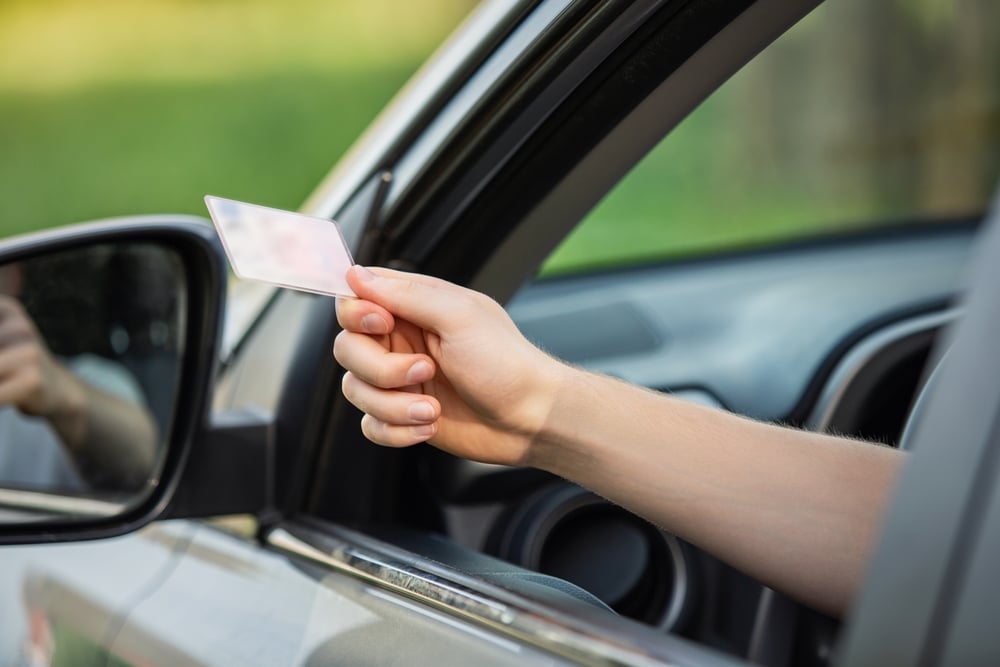According to the World Health Organization, cannabis is the number one trafficked, cultivated, and abused controlled substance across the globe. Worldwide, marijuana makes up about half of all drug seizures.
That said, it’s necessary to fully understand Texas marijuana laws before attempting to use, grow, possess, or sell any cannabis-related product in the state. While the laws have been in flux lately, marijuana is still considered illegal on multiple levels.
Is Marijuana Decriminalized in Texas?
The Texas House of Representatives has recently given unanimous approval to House Bill 218, a bill that proposes to decriminalize the possession of up to one ounce of dried cannabis plant or concentrate. However, it’s important to note that this bill is not yet law. It still requires the approval of the Texas Senate and signature from the Governor before it can be enacted.
Under the current laws in Texas, possession of the same amount of cannabis is considered a Class C misdemeanor. The proposed bill aims to reclassify this offense, removing its criminal status.
While this bill does signify a shift towards more lenient cannabis laws, it doesn’t mean that possession of marijuana is entirely decriminalized in Texas. The proposed changes are specific to possession of up to one ounce of cannabis. Possession of larger quantities would still be treated as a criminal offense under the proposed law.
Texas has made some strides towards decriminalizing medical marijuana use and possession in certain situations through the passage of the Compassionate Use Act in 2015. This act allows patients with specific medical conditions to obtain legal prescriptions for marijuana-related products through their doctors.
While there are signs of change, as of now, cannabis possession remains a criminal offense in Texas. The progress of House Bill 218 is something to watch, but it’s crucial to remember that it has not yet become law.
Is Marijuana Legal in Texas?
No, marijuana is still considered an illegal controlled substance in Texas and is not legal to possess, use, sell, or cultivate. There is a big difference between decriminalization and legalization. In a nutshell, decriminalization efforts seek to make certain offenses (like carrying less than an ounce of marijuana) no longer punishable by law, whereas legalization seeks to change the law in a way that defines marijuana as a legal substance overall.
Legalization would mean that the cannabis plant itself would need to be reclassified. It would need to no longer be labeled as a “controlled” substance, which would mean that there wouldn’t be criminal consequences associated with the plant whatsoever.
Under these conditions, it’s clear that legalization of marijuana is a much more difficult endeavor than seeking to decriminalize the possession or use of the substance. The state of Texas is still subject to federal laws, which continue to classify marijuana as a dangerous controlled substance. To change that, lawmakers would need to focus on changing federal law.
Texas Marijuana Laws and Penalties for Possession, Sale, and Cultivation
Texas marijuana laws are made up of a blend of state, federal, and local laws. Under the Texas Controlled Substances Act, it is a criminal offense to deliver, possess, or cultivate marijuana. In some situations, like when a person is on probation, it might also be a criminal offense to use marijuana.
The penalties you could face for these crimes vary based on the amount of marijuana discovered during the arrest and your specific charges.
Below, we’ll outline some of the penalties you could face for breaking these laws.
Penalties for Possession of Marijuana in Texas
In Texas, it’s a criminal offense to possess more than one ounce of dried plant unless you have a medical prescription from your doctor. The severity of your charge is directly tied to the amount of marijuana found on your person. Here is an overview of what you could be charged with:
- Possession 1-2 ounces: Class B misdemeanor
- Possession 2-4 ounces: Class A misdemeanor
- Possession 4 ounces-5 pounds: State jail felony
- Possession 5-50 pounds: Third-degree of felony
- Possession 50-2,000 pounds: Second-degree felony
- Possession of over 2,000 pounds: 5 years in prison up to a life sentence, fines of up to $50,000
Class B misdemeanors are less serious than felonies but can still result in imprisonment for up to 180 days in jail. You could also be penalized with fines of up to $2,000. Felonies are much more serious and can result in significant prison terms as well as life-long consequences. Convicted felons lose certain rights, like the ability to vote or possess firearms.
Penalties for the Sale of Marijuana in Texas
Selling marijuana is a criminal offense. The consequences associated with this crime various based on the amount of marijuana being sold or that the suspect has on their persons when they get arrested. Here is an overview of what you could get charged with, based on the amount in question:
- Sale of less than .25 oz: Class B misdemeanor
- Sale of .25 oz to 5 pounds: State jail felony
- Sale of 5-50 pounds: 2nd degree felony
- Sale of 50-2000 pounds: 1st degree felony
- Sale of over 2,000 pounds: 10-99 years in prison
There are a few situations that could increase your penalties. For example, selling marijuana to a minor in school could get charged with a second-degree felony. Similarly,selling marijuana in a drug-free zone can automatically double your penalties.
Penalties for the Cultivation of Marijuana in Texas
In Texas, the penalties associated with the cultivation of marijuana are based on the aggregate weight of the plants that are discovered. The aggregate weight of a live marijuana plant is usually determined by first pulling the roots of the plant off and then measuring the plant. One-sixth of the measured weight will be considered the ‘aggregate weight’. One marijuana plant can potentially produce up to 32 ounces of marijuana, which would be about 6.4 ounces of dried, smoke-able marijuana. Once the weight is determined, you will be penalized based on the possession laws.
Penalties for Using Marijuana in Texas When on Probation
In some situations, it might be considered a crime to use marijuana. For instance, individuals on probation are required to submit to and pass drug tests on a regular basis. Usually, these tests happen on a weekly or monthly basis. Since marijuana can stay in a person’s system for months, it isn’t unusual to fail a drug test even when the person hasn’t smoked in weeks. When on probation, failing a drug test could be considered a violation that results in the revocation of your probation and incarceration.
Mandatory Minimum Sentence for Marijuana in Texas
With the current laws, the mandatory minimum sentence for marijuana possession is 180 days in jail for 4 ounces or more. The mandatory minimum sentence for the sale of marijuana is also 180 days in jail when the amount is from seven grams to five pounds.
As charges increase or the amount of substance increases, the mandatory minimum sentences increase. For instance, the mandatory minimum sentence for manufacturing or delivering 1-4 grams of marijuana is two years in prison. Possessing more than 400 grams can result in a mandatory minimum sentence of ten years.
Low THC Laws in Texas
In the past few years, low-THC products were legalized on the federal level through the Farm Bill. That’s why there have been tons of new Delta-8, hemp, and cannabis oil products popping up all across the state. According to Delta-8 THC laws in Texas, these products are in a legal gray area. Technically, they are not considered “marijuana” but “hemp” since they have low-THC content, but some products on the shelf do exceed the legal threshold to actually be classified as such. That said, it’s important to be cautious when considering these products. Do not assume that just because these are sold in convenience stores that they can’t get you into legal trouble.
What’s the Best Legal Strategy if You’re Charged for Marijuana in Texas?
Texas marijuana laws are extremely complicated. Our state attempts to successfully blend international, federal, and state laws to create a balance of safety and freedom for all citizens. As federal and international laws have started to shift, lawmakers in Texas have also been pushing for reform.
If you were recently charged with a marijuana-related crime in Texas, then your best option is to contact a legal representative as soon as possible. A lawyer can help you unpack your charges, review the facts of your arrest, and help you come up with a viable defense strategy to fight your charges.
Learn more about how our lawyers here at Michael & Associates can help you navigate your legal situation by scheduling a meeting for a free case review now.




